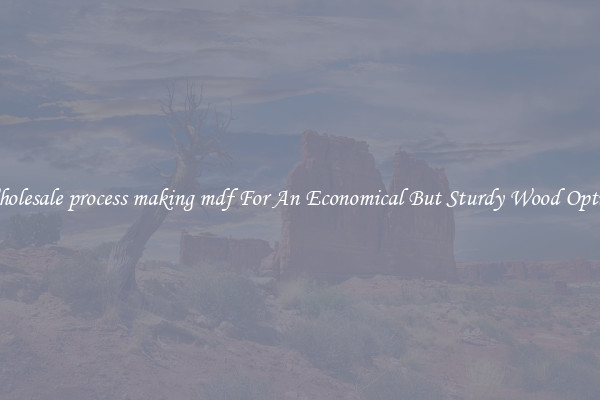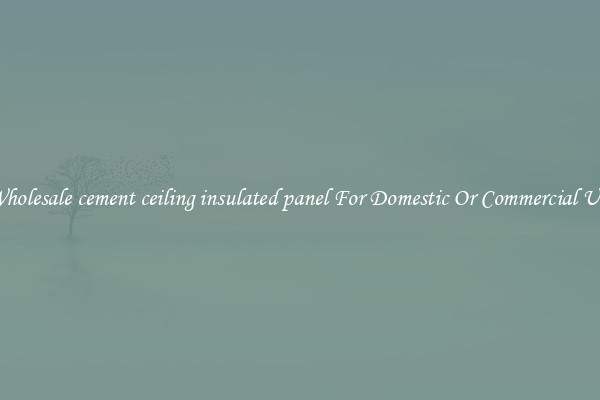Wholesale process making mdf For An Economical But Sturdy Wood Option
The process of making Medium-Density Fiberboard (MDF) has revolutionized the wood industry by providing an economical yet sturdy wood option for various applications. Wholesale processes play a crucial role in the production of MDF, ensuring a steady supply to meet the demands of different industries. In this article, we will explore the wholesale process of making MDF and highlight its benefits as an economical but reliable wood alternative.

MDF is an engineered wood product that is made by breaking down hardwood or softwood residuals into wood fibers, combining them with wax and a resin binder, and forming panels through the application of high temperature and pressure. This process allows for the production of uniform, dense, and flat panels that are free of knots and grain patterns found in natural wood.
Wholesale manufacturers of MDF typically start the process by sourcing and collecting wood residues from sawmills, furniture factories, and other wood processing plants. These residues are then chipped, usually into small pieces, and undergo a refining process where they are mechanically processed to remove impurities and create wood fibers suitable for MDF production.
Once the wood fibers are ready, they are blended with wax and resin binders. This mixture is then subjected to intense heat and pressure in a continuous press, which forms the MDF panels. The combined heat and pressure cause the resin to bind the fibers together, resulting in a solid and durable wood product.
One of the major advantages of the wholesale process of making MDF is its cost-effectiveness. By utilizing wood residues that would otherwise go to waste, MDF manufacturers can produce a highly economical wood option. This not only helps reduce the cost of production but also promotes sustainability by minimizing the need for fresh logs and reducing the overall environmental impact.
Furthermore, MDF offers exceptional stability and uniformity, making it an ideal choice for various applications. Its smooth and consistent surface allows for easy machining, shaping, and finishing, making it a versatile material for furniture, cabinetry, interior moldings, and many other woodworking projects. Its lack of knots and grains also makes it less prone to splitting or splintering.
In conclusion, the wholesale process of making MDF has transformed the wood industry by providing an economical yet sturdy wood alternative. Through the utilization of wood residues and advanced manufacturing techniques, MDF manufacturers are able to produce a reliable and consistent product that meets the demands of various industries. Its cost-effectiveness, stability, and ease of use make MDF a popular choice for a wide range of applications. As the demand for sustainable and affordable wood options continues to rise, MDF is expected to play a significant role in the future of woodworking.

View details

View details

View details

View details








